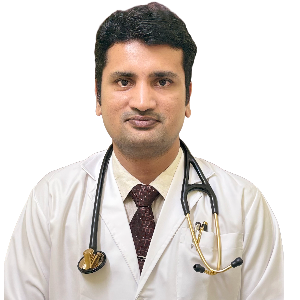Frequently Asked Questions
They offer routine check-ups, vaccinations, management of chronic illnesses (like diabetes, hypertension, and asthma), treatment of common infections and minor injuries, and lifestyle guidance. They also coordinate with specialists when needed.
Yes, family medicine specialists are trained to care for patients of all age groups, from infants to the elderly, making them the first point of contact for most health concerns.
Yes, preventive care is a key part of family medicine. They provide immunisations, screenings, regular health check-ups, and lifestyle counselling to reduce the risk of diseases.
While both treat common health issues, general physicians are trained to provide long-term, continuous care for the entire family across all ages. General physicians usually focus more on adult care.
Yes, they are skilled in managing long-term health conditions such as diabetes, thyroid disorders, hypertension, arthritis, and respiratory illnesses. They also provide ongoing support and monitoring.
Yes, they can handle minor emergencies, stabilise patients, and refer them to specialised emergency or hospital care if required.
Yes, many general physicians also address mild mental health issues such as anxiety, stress, and depression. For severe conditions, they may refer patients to a psychiatrist or psychologist.
Yes, most family medicine practices offer immunisations for children, adults, and travellers, ensuring complete preventive healthcare.
It is recommended to visit once a year for a routine health check-up or more frequently if you have chronic health conditions that require regular monitoring.
Yes, they provide personalized advice on diet, exercise, and lifestyle habits to help maintain good health and prevent diseases.


